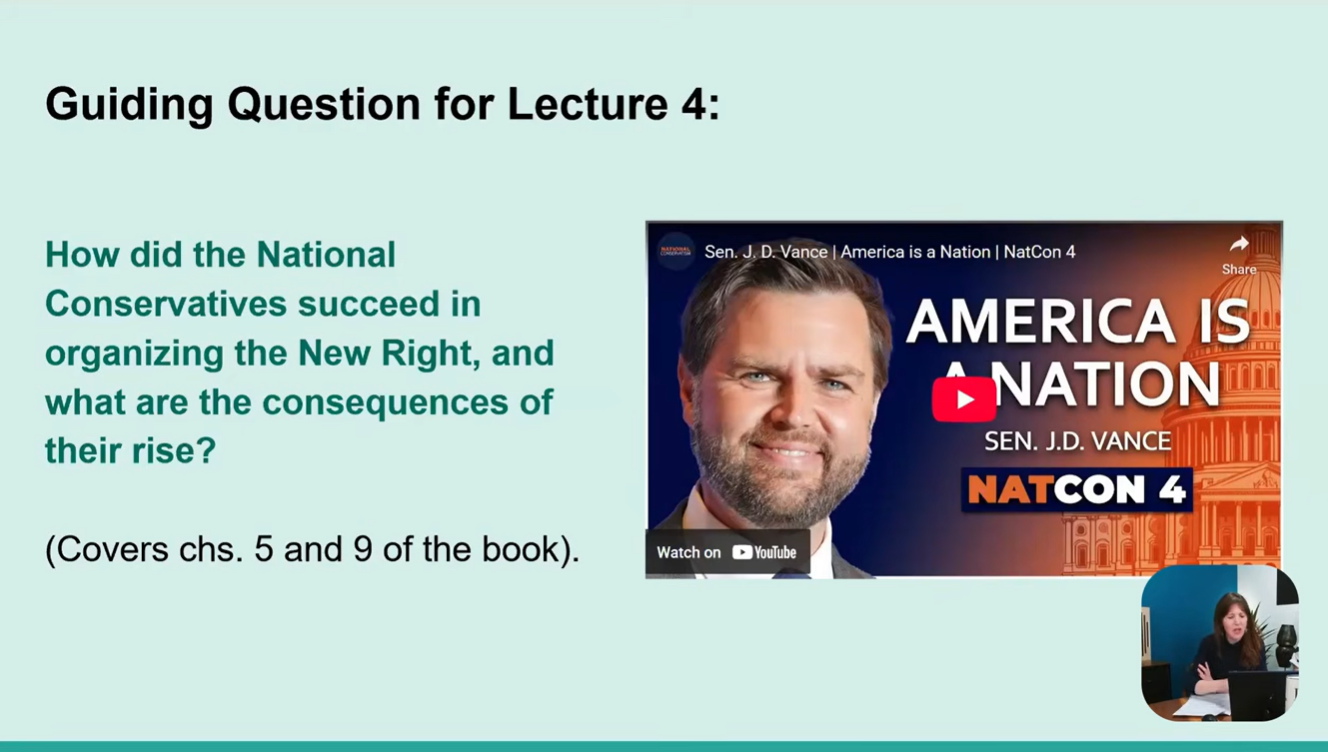The Week that Was: All of Lawfare in One Post
Let's start with the new developments in L’Affaire Ukrainienne. Michel Paradis discussed seventeenth-century English history, offering lessons from the impeachment of King Charles I for members of Congress today.
Let's start with the new developments in L’Affaire Ukrainienne. Michel Paradis discussed seventeenth-century English history, offering lessons from the impeachment of King Charles I for members of Congress today. Ben Berwick, Justin Florence and John Lanford argued that the framers of the Constitution had a broad conception of impeachable bribery, one which matches up with the evidence of Trump’s pressure on Ukrainian President Volodymyr Zelensky. Brian Kalt suggested that the 25th Amendment does not offer an alternative remedy to remove Trump from office.
John Bies claimed that Giuliani cannot plausibly assert attorney-client privilege or executive privilege to avoid congressional testimony. Ryan Scoville contended that Giuliani’s work on behalf of President Trump in Ukraine raises many legal questions but does not violate the Appointments Clause of the Constitution.
Mikhaila Fogel shared Ukraine-related text messages provided to Congress by former special envoy Kurt Volker. Scott Anderson and Margaret Taylor subsequently analyzed these messages, arguing that they strongly supports the conclusion of a quid pro quo transaction. Margaret Taylor also provided insight into what Congress has planned on impeachment moving forward.
The Lawfare team provided several other documents related to the whistleblower and impeachment inquiries, including a Friday request for documents from three House committees to Vice President Mike Pence, two statements from the whistleblower’s counsel, a statement from the inspector general of the intelligence community on the form used by the whistleblower to file his complaint, and the subpoena from three House committees to Secretary of State Mike Pompeo to produce relevant documents.
Masha Simonova analyzed Ukrainian media coverage of the scandal to provide a Ukrainian domestic perspective on the latest news. And Jen Patja Howell shared an episode of The Lawfare Podcast in which Quinta Jurecic spoke to Alina Polyakova of the Brookings Institution to break down the Ukrainian side of the scandal:
This week’s episode of Rational Security primarily featured further discussion of L’Affaire Ukrainienne, but it also touched on new revelations that Attorney General Bill Barr had asked foreign officials to help investigate the Russia investigation, potentially hoping to undermine the Mueller Report:
Related to the Russia investigation, Gordon Ahl posted the House Judiciary Committee’s request for grand jury materials to determine whether Trump provided false statements to Mueller’s office. Susan Hennessey and Benjamin Wittes shared the tenth episode of The Report, which covers Mueller’s evaluation of obstruction of justice related to President Trump’s reactions to Attorney General Jeff Sessions’s recusal decision and the sudden firing of FBI Director James Comey:
Benjamin Wittes broke a little news, reporting that the FBI did not know when it opened its investigation on President Trump that Trump had told two senior Russian officials in a 2017 Oval Office meeting that he was not worried about Russian interference in the 2016 U.S. presidential election.
Mary McCord discussed how armed militia groups in the U.S. have embraced Trump’s tweet this week that warned of civil war.
Avi Asher-Schapiro commented on the Trump administration’s efforts to resist a Freedom of Information Act request on whether the U.S. government failed to fulfill its duty to warn Jamal Khashoggi of the danger to his life.
Gordon Ahl shared the latest court filing in the suit for Trump’s tax returns, in which the U.S. Attorney’s Office for the Southern District of New York requested removal of the case from state to federal court.
Jacob Schulz posted a criminal complaint from the Department of Justice alleging that a U.S. citizen handed over national security information to Chinese officials.
Austin Carson warned of the potential damage to the intelligence community if President Trump were to nominate a political ally as director of national intelligence.
The National Security Institute at George Mason announced its new podcast, called "Fault Lines," and shared the first episode, which focuses on Iran and China:
Howell also posted another episode of The Lawfare Podcast, taped in front of a live audience session at the Texas Tribune Festival last weekend, in which Wittes sat down with Judge John Bates to discuss the role of FISA courts in the news:
Stewart Baker shared two episodes of the Cyberlaw Podcast: the first focused on all things blockchain, and the second discussing Edward Snowden’s new book and other topics:
Alan Rozenshtein posited that a shift in the encryption debate is occurring toward greater emphasis on the ways in which encryption enables child pornography and exploitation. Andrew Keane Woods offered three takeaways from a European court ruling that Google can be forced to remove links to offending material for users located in Europe but not globally. Woods subsequently wrote about another ruling involving Facebook that reached the opposite conclusion.
Scott Anderson and Aaron Klein proposed that the federal government should play a role in stabilizing the insurance industry’s approach to cyberattacks. Nele Achten discussed the first substantive meeting of the UN open-ended working group on international law in relation to cyberspace.
And Robert Chesney posted a request for nominations for the 2019 Mike Lewis Prize for National Security Law Scholarship.
And that was the week that was.




